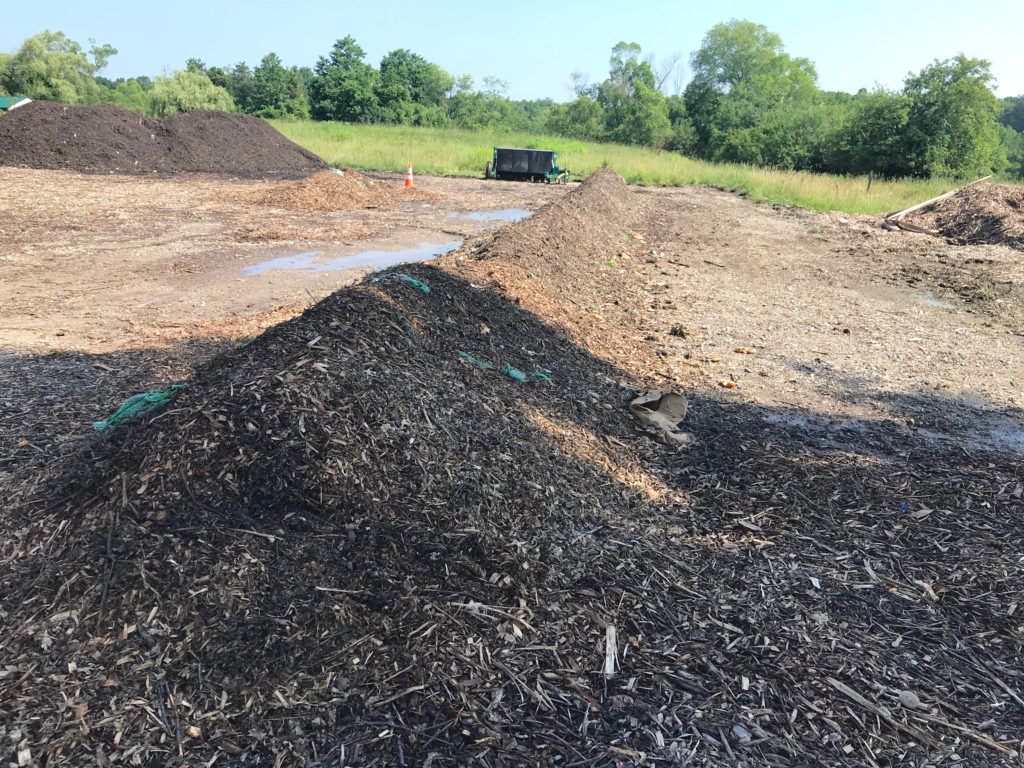But in order to do so, its definition of “nationally significant” infrastructure to be decided by a new independent Commission would have to be widened, according to industry group the Environmental Services Association.

Having a stronger system will ensure all opinions – particularly those of the public are heard sooner.
Hazel Blears
Meanwhile, green pressure groups have warned that the simplified planning system proposed by the Bill could fast-track incinerators “substantially adding to the UKs carbon footprint”.
Bill
The Planning Bill was published on Wednesday by the Department for Communities and Local Government, with Communities Secretary Hazel Blears promising that for “nationally significant infrastructure”, the reforms will see planning decisions made within a year of application.
The proposed Bill seeks to establish an Infrastructure Planning Commission, a panel of experts that could decide on major infrastructure projects considered to be “nationally significant”.
The government has insisted this would not see the eroding of local accountability for projects in the planning system, with the Commission taking decisions based on national statements from ministers, which would set priorities for infrastructure needed following public and Parliamentary consultation.
In a concession to local groups, the government said the Commission would be able to hold public hearings concerning controversial projects. Ministers may also cite “exceptional circumstances” for certain projects and call for full public inquiries.
Ms Blears said: “There will always be controversial projects that stir opinion and require difficult judgements to be made. However having a stronger system will ensure all opinions – particularly those of the public are heard sooner. Making good judgements in less time is of benefit to everyone. Long-lasting stale-mates that finally stagger to a conclusion are no good for anyone.”
Industry
With extreme examples like the Belvedere incinerator in South-East London taking more than 15 years to progress through the planning system, the waste industry has welcomed the Bill as a “positive framework for delivering large scale infrastructure essential for the UK's sustainable economic growth”.
But with the Bill including only the very largest waste treatment plants as “nationally significant” infrastructure (see letsrecycle.com story), the industry trade association ESA revealed hopes that Parliament could widen the definition to include more waste facilities.
Environmental Services Association chief executive Dirk Hazell said: “Large scale waste management projects which fall within the definition of nationally significant infrastructure will be vital to help the UK meet pressing obligations under European waste law – particularly the Landfill Directive. However, more importantly, the Planning Bill provides an opportunity for Parliamentarians to widen the definition of “nationally significant infrastructure” by recognising that waste management facilities of varying sizes, types and capacity are essential for the UK's compliance with EU law.”
Incinerators
Green pressure group Friends of the Earth said it was concerned that the Planning Bill would make it easier to build more incinerators. It believes the incineration of waste generates more carbon dioxide emissions than recycling.
FoE planning advisor, Naomi Luhde-Thompson said: “The Planning Bill will not tackle climate change as Hazel Blears would have us believe. It will fast track roads, airports and incinerators – substantially adding to the UKs carbon footprint.
“While we welcome moves to simplify the planning system for major infrastructure projects the Government must ensure these projects reduce, not add to, carbon emissions. Planning commissioners, who will make decisions on major projects, must be accountable to Government and public inquiries must give people a real opportunity to have their views heard.”
For more about incineration see this week's letsrecycle.com opinion section, written by Becky Slater from Friends of the Earth.








Subscribe for free